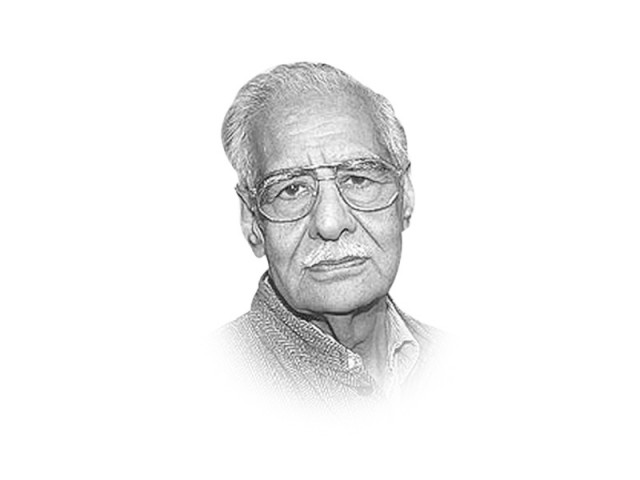On a collision course
Anna’s firm ‘no’ to the Lokpal Bill indicates that the battle may go to the streets.

The president of the ruling Congress party, Sonia Gandhi has picked up the gauntlet, declaring that they are ready for the fight. The key to this issue is the control over the Central Bureau of Investigation (CBI). The government has rejected the demand for transferring its administrative control to the Lokpal or to any independent agency.
Take Manmohan Singh’s government, for example. It has used the CBI to put pressure on UP Chief Minister Mayawati and former state chief minister Mulayam Singh, to be on the same side whenever it has been threatened by the defeat in the Lok Sabha. The Congress has strength of 207 seats in the 545-member Lok Sabha. The pressure works because both Mayawati and Mulayam Singh are facing CBI cases on their disproportionate assets after having ruled the state. Congress alone cannot be blamed. All governments, including the one led by BJP leader Atal Behari Vajpayee, have used the CBI for their own purposes.
The Chief Justice of India, JS Verma, had proposed in a hawala case to setup an independent Directorate of Prosecution to have control over the CBI. No political party — all of them were represented in the committee — wanted the CBI to be autonomous. Instead, the administrative control of the government was endorsed. So much so, the committee restored the ‘Single Directive’ which the Supreme Court had thrown out. The ‘Single Directive’ meant that the government’s permission was required before initiating an enquiry or action against joint secretaries and officers above them.
To Anna Hazare’s dismay, the government has gone back on its first bill, which gave powers of investigation to the Lokpal. The Lokpal is toothless without control of the CBI and would be helpless to probe into the misdeeds of ministers or senior officials. Even the provision that the CBI director would be chosen by the prime minister, opposition leader and chief justice of India, does not help. Two out of the three are politicians. In contrast, the nine-member Lokpal, suggested by Anna Hazare, does away with political appointments, and will itself choose the director. Perhaps, a better way would be to put the CBI under the supervision of the Supreme Court. People still have faith in the judiciary and will repose their confidence in the Lokpal machinery.
My main objection is against the 50 per cent reservations in the Lokpal machinery. Quotas are fine in jobs or educational institutions. But when we are selecting persons for top positions, we want the best talent available. What kind of India are we building when parochialism is on the agenda of political parties for the sake of placating voters of one community or the other? Unfortunately, the government has already conceded the enumeration of castes in the 2011 census. By introducing reservations into the Lokpal set-up, the government is sowing the seed of division and conflict in the fight against corruption. I hope that Anna Hazare, leading the civil society in a movement against corruption, raises his voice against reservations in the Lokpal as well.
Anna’s firm ‘no’ to the Lokpal Bill indicates that the battle may go to the streets. India’s political parties should collectively think about how to sort out the issue without agitations. The dictum that the loss of one is the gain of the other, is anti-national. Whatever the moves or countermoves of political parties, the nation should be vigilant and not play into their hands.
Published in The Express Tribune, December 27th, 2011.













COMMENTS
Comments are moderated and generally will be posted if they are on-topic and not abusive.
For more information, please see our Comments FAQ